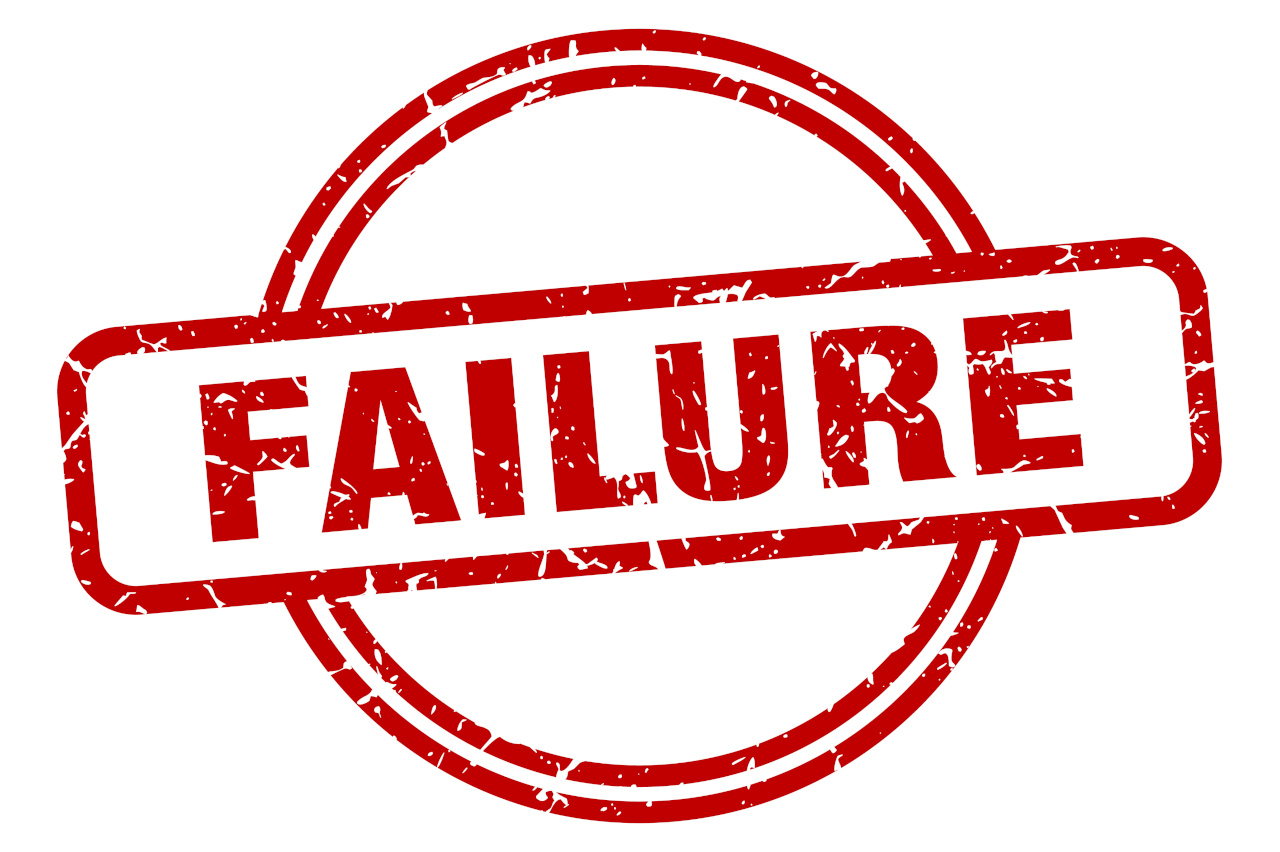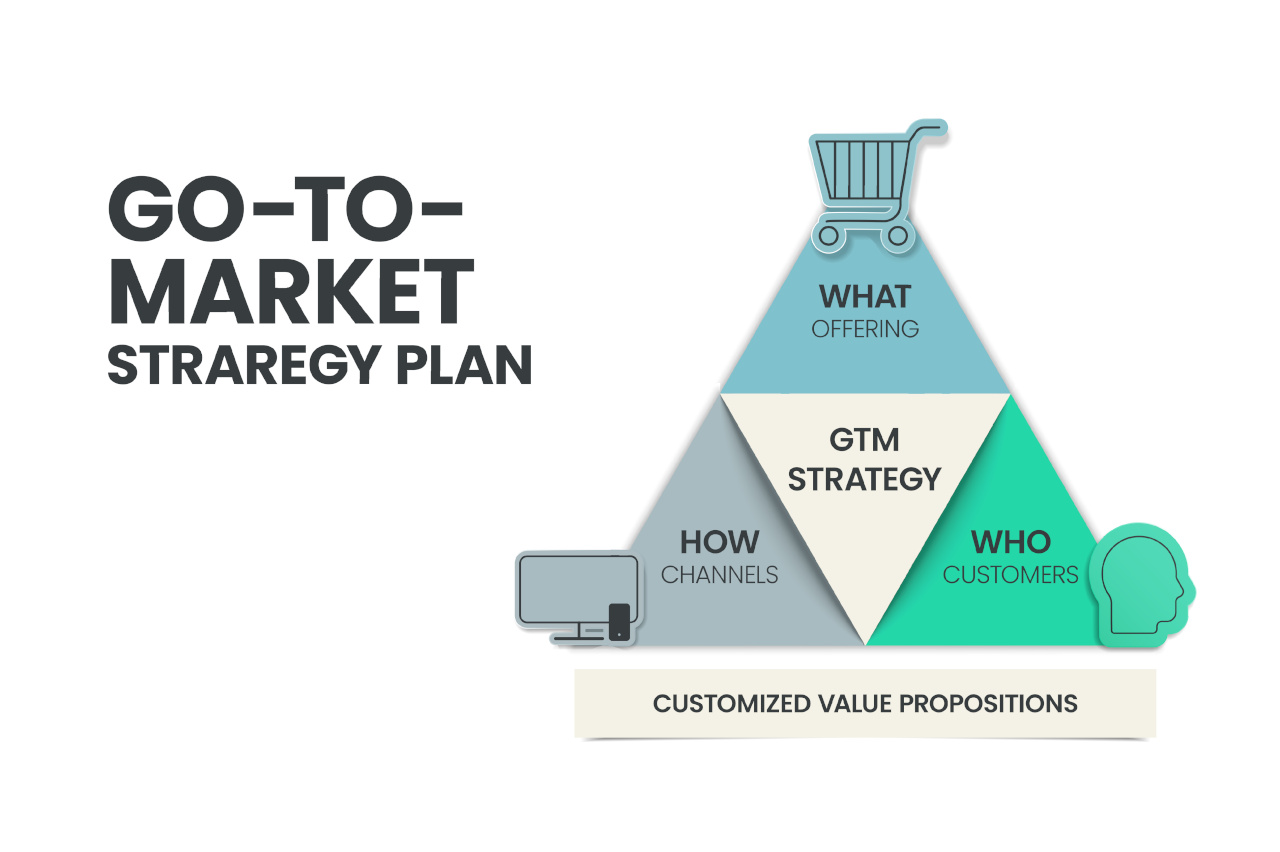As a startup / MSP, making the right choice between Software as a Service (SaaS), Platform as a Service (PaaS), and Infrastructure as a Service (IaaS) is crucial. Your decision will not only affect the efficiency and scalability of your enterprise offerings but also the overall experience for your clients. In this post, we'll delve into the characteristics of SaaS, PaaS, and IaaS, and guide you on how to choose the best fit for hosting enterprise applications for your clients.

Understanding SaaS, PaaS, and IaaS
Before making a decision, it’s vital to understand what each of these cloud services offers:
1) Software as a Service (SaaS):
What it is: SaaS delivers software applications over the Internet, on a subscription
basis.
Key Features: SaaS provides a complete software solution that you purchase on a
pay-as-you-go basis from a cloud service provider. You rent the use of an app for your
organization, and your users connect to it over the Internet, usually with a web browser.
2) Platform as a Service (PaaS):
What it is: PaaS provides a platform allowing customers to develop, run, and manage
applications without the complexity of building and maintaining the infrastructure typically
associated with developing and launching an app.
Key Features: PaaS removes the need for organizations to manage the underlying
infrastructure (usually hardware and operating systems) and allows you to focus on the
deployment and management of your applications.
3) Infrastructure as a Service (IaaS):
What it is: IaaS provides basic computing, networking, and storage resources on
demand, over the Internet, on a pay-as-you-use basis.
Key Features: IaaS lets you rent IT infrastructure—servers and virtual machines
(VMs), storage, networks, operating systems—from a cloud provider on a pay-as-you-go basis.
Deciding Between SaaS, PaaS, and IaaS
1) Consider Your Core Business and Technical Requirements:
>
For SaaS: If your
core business is not IT, and you need to deploy applications swiftly without investing in IT
infrastructures or staff, SaaS is a great choice. It’s also ideal for applications that
require both web and mobile access.
For PaaS: If your team is developing unique applications and wants to automate
business
policy, PaaS is your go-to. It’s especially useful for developers as it provides a framework
they can build upon to develop or customize applications.
For IaaS: If you have the IT expertise and need control over your infrastructure
without the
physical hardware investments, IaaS offers flexibility and scalability. It’s suitable for
startups that anticipate fast growth or fluctuating workloads.
2) Scalability and Flexibility:
Your decision should factor in the anticipated scale of your operations.
SaaS offers high scalability with minimal effort, ideal for applications needing to
be deployed across multiple locations.
PaaS allows more control over scalability settings of the application environment.
IaaS offers the most flexibility, allowing you to configure environments as needed,
but this comes with the need for more in-house expertise.
3) Cost Implications and Budgeting:
SaaS involves a subscription fee, which typically includes the cost of maintenance
and upgrades, translating to lower upfront costs.
PaaS can be more cost-effective than IaaS as it eliminates the need to manage
underlying hardware, but it may require more investment than SaaS for application
development and management.
IaaS requires a significant investment in terms of both operational costs and human
resources, but it offers the most savings in the long run for businesses heavily reliant on
IT infrastructure.
4) Control and Customization Needs:
SaaS offers the least control over hardware and infrastructure, as everything is
managed by the vendor. Customization is usually limited to software settings.
PaaS offers a balance, providing control over your applications and data, while the
infrastructure and OS level concerns are handled by the provider.
IaaS provides complete control over your infrastructure, giving you the freedom to
customize and manage everything but requires the highest level of IT expertise.
5) Security and Compliance:
SaaS may pose some limitations for businesses with strict data security, compliance,
or data residency requirements.
PaaS offers a good balance, giving you control over security at the application
level.
IaaS gives you full responsibility for securing your infrastructure, which is ideal
for businesses that handle sensitive data or have specific compliance needs.
6) Integration and Compatibility:
Consider how these services will integrate with your existing systems and
workflows.
SaaS solutions may offer integrations with other software but could pose challenges
with existing infrastructure.
PaaS is generally more flexible, allowing you to create software that integrates
seamlessly with your existing environment.
IaaS offers the highest level of integration flexibility but requires more effort to
implement and maintain.
7) Maintenance and Upgrades:
SaaS offloads maintenance and upgrades to the service provider, ensuring you always
have the latest version without additional work.
PaaS and IaaS require more involvement in maintenance and updates, with IaaS
demanding the most attention.
Conclusion:
The choice between SaaS, PaaS, and IaaS hinges on
your business needs, technical capabilities, and growth aspirations. If your goal is to host
enterprise applications with minimal fuss and maximum efficiency, SaaS and PaaS are
generally more appropriate. However, if you need full control over your hosting environment
and have the resources to manage it, IaaS might be the right choice.
Remember, this is not a one-size-fits-all decision. The cloud landscape is evolving, and a
mix-and-match approach, sometimes called a multi-cloud strategy, can also be considered to
leverage the strengths of each type of service. Whatever your choice, ensure it aligns with
your long-term business strategy and provides the agility and scalability to grow with your
firm's needs.
Need help with your SaaS / PaaS / IaaS based cloud solution? MSP Scalerz has several cloud experts who would be able to take your applications to the cloud, be it AWS, Azure, or GCP.














